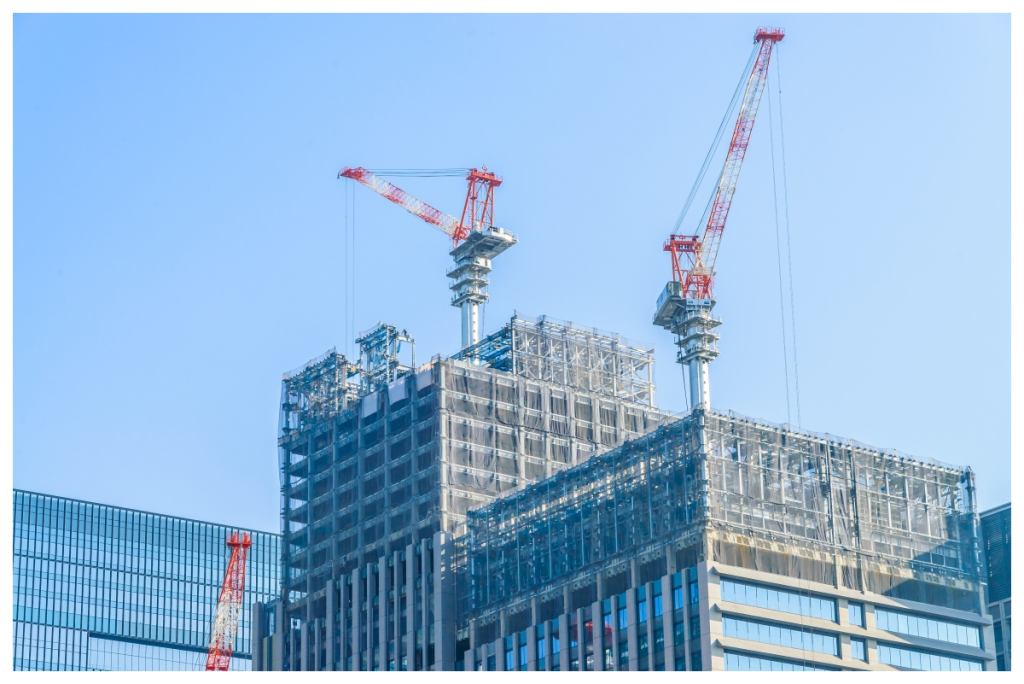
Several real estate developers and industry associations have called on the government of Uttar Pradesh to develop pragmatic policies for industrial development bodies. The policy is especially for the cities of Noida and Greater Noida, so that they can quickly resolve insolvency projects.
Decisions on multiple projects have been put on hold as the authorities want to be financial lenders, not operational lenders. So they can make an impact and not take commissions on projects that are stuck.
According to the Confederation of Real Estate Developers Associations of India (CREDAI). Approximately 190,000 properties stuck in Noida, Greater Noida and Ghaziabad, worth 1 lakh crore. At least 36 property projects are facing bankruptcy or insolvency proceedings in Greater Noida alone. This has affected about 50,000 home buyers and withheld about Rs 7,000 crore in administration fees.
Investment cycle may resume!
Insisting on interest rates, fines and other fees can ultimately make full settlement plans financially unstable, experts say. In addition, the investment cycle in these areas will be resumed if the established insolvency cases are resolved.
Developers will have to pay around Rs 40,000 crore dues to three different NCR authorities, including Noida, Greater Noida and Yamuna. The dues have been pending since 2010, but given the new interest rate, the amount likely to reduced to Rs 25,000 crore.
According to the CREDAI’s letter, several property developers involved in the insolvency process. The list consists of big and reputed developers including Jaypee Infratech, Amrapali, BPPL, Granite Gate, Subhkamna Buildtech, etc. CREDAI also stated that if development authorities continue to challenge settlement plans in court without applying a pragmatic decision-making structure that addresses the issues described above, it will not only delay the process but ultimately lead to settlement.
Proper policy framework needed
Sahil Vachani, MD and CEO at Max Ventures and Industries Ltd said, “To accelerate the process of insolvency proceedings, in the Greater Noida and Noida area and to cope with the high land dues of industrial development authorities, a pragmatic policy framework is needed. In the absence of such a policy, the restructuring of insolvent corporate debtors is not economically feasible.”
Abhishek Tripathi, managing partner, Sarthak Advocates and Solicitors said, “Authorities like Noida and Greater Noida need to aware of the fact that dues paid to them by developers have the character of an operating debt and make them acting creditors. Past commission fees or dues must reviewed in accordance with a resolution plan approved by the Creditors Committee and the NCLT.”
Other links-